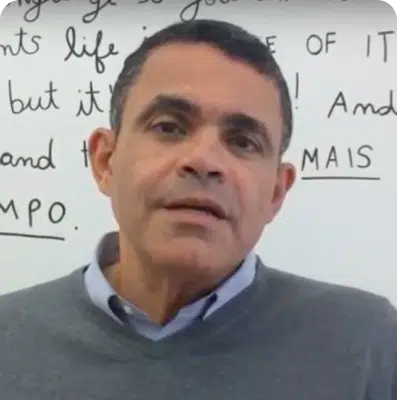Learning a language is a long and difficult process and you won’t always feel motivated to do so, but listening to music can make learning more fun, and you never know which great singer you will find. Ready to give Portuguese music a chance and improve your knowledge?
Music gets stuck in your head
Everyone knows the feeling of having a song echoing in their heads all day long. Music is sticky and people tend to listen to their favorite songs over and over again until they know them by heart. It will help you memorize the words and the pronunciation and that is why it is a method used by teachers in their Portuguese classes.
You can take your music wherever you want
Unlike books or conversational partners, you can take your music wherever you want to. All you need is to create the perfect playlist filed with Portuguese songs. Once you know what type of music you like to listen to, you just need to search for that music in the language that you are learning. This might sound strange to you in the beginning as you won’t be used to it, but it becomes more and more natural with time.
Sing along
Don’t know how to sing? Doesn’t matter, sing it anyway. Singing along will help you with the pronunciation of the words. Chose a joyful song, get in the car and give the concert of your life!
Translate the lyrics
Learning a language isn’t just about reading the dictionary and understanding what every word means. If you don’t know how to use those words together, it is useless to know their meaning. The lyrics of a song will help you understand how to use all the words and how to connect them in order to say something that makes sense. Try this exercise: get the lyrics of a Portuguese song you like and try translating it into your native language. It’s an easy exercise that will show you how much you actually know about the use of the language. As the lyrics are often written in a “poetic” way, and not in the “informal” way that we use on an everyday basis, it will make your task harder.
Learning a new language can be overwhelming sometimes. There is a lot of new vocabulary to assimilate and a lot of new sounds to comprehend that we’ve never heard before. That’s when music becomes an important tool to help learn a language.





